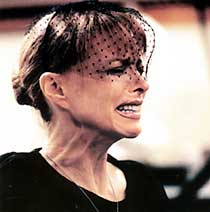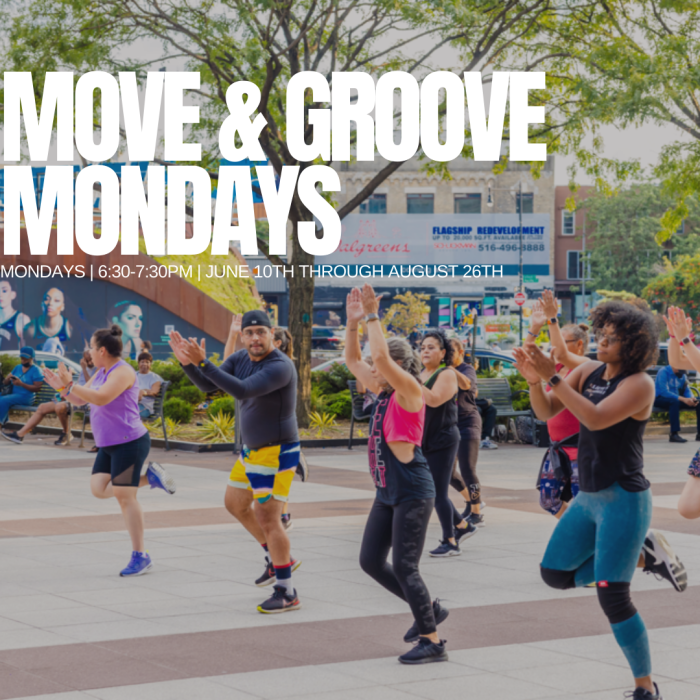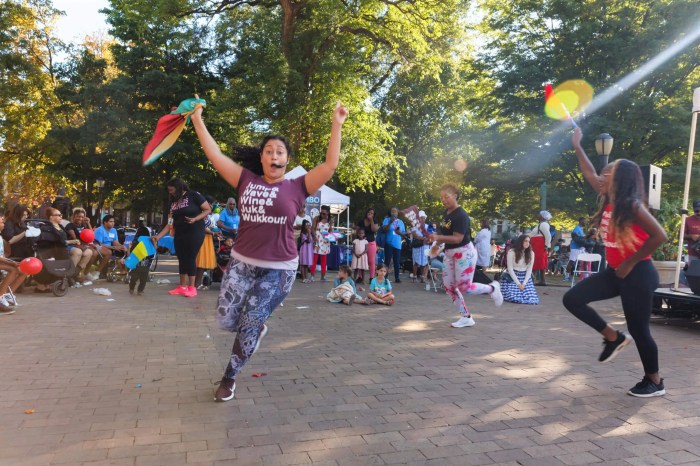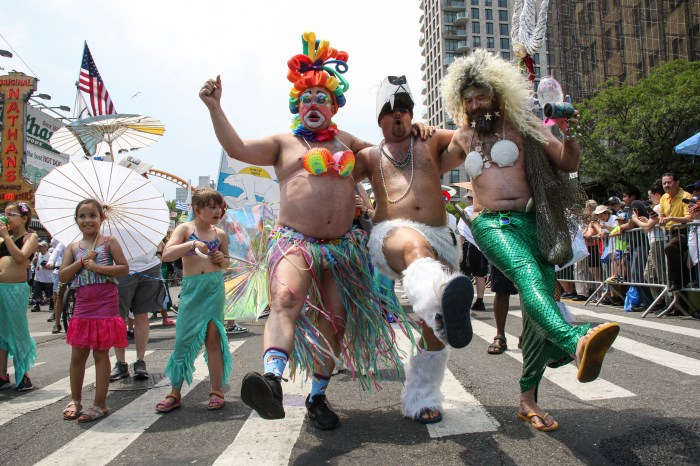Growing Down in Brooklyn," which plays
at the Lower East Side Film & Video Festival this Saturday,
at first glance appears to be another entry in the overburdened
genre of mobster movies; a genre, which I admit, is not my favorite.
Too many of the films that fall into this category require viewers
to simply accept the excessive violence they depict as a part
of the culture, a certain way of life.
Sometimes the utter disregard for human life and casual attitude
towards murder can be hard to stomach. Not to mention that the
lack of emotional details about the characters committing these
acts renders them cold, inaccessible and uninteresting.
So "Growing Down in Brooklyn," a film by four 40-something
filmmakers who grew up in Midwood, is to be commended for putting
a slightly more human face on mob bloodshed.
The film’s main characters don’t kill because it’s in their job
description. In fact, the plot centers around four young friends
with no mob ties or prior history of violence who unwittingly
become embroiled in both. Unlike traditional movies in this same
vein, the feelings behind these events are well documented. These
men ultimately end up killing out of their hurt and anger over
a friend’s murder, not because of some obscure code of Mafia
ethics. Observing their motivations and sad transformation from
innocents to criminals makes it easier to understand and even
sympathize with their actions.
The people behind "Growing Down in Brooklyn" should
earn points for bravery. The major players involved – director
and co-writer Robert Santoli, and co-writers Aaron Slomko and
Anthony and Joseph Grosso – are all first-time filmmakers. More
courageous still was their decision to form Avenue H Productions
and produce their own project, which meant shooting over a period
of 17 days, during vacations from their day jobs and on weekends.
Unfortunately, the combination of this inexperience, tight schedule
and even tighter budget, is all too apparent throughout much
of the film. For instance, the production values, including sound
and lighting, are little better than adequate, contributing to
an overall amateurish feel.
The screenplay doesn’t always work, either. The four writers
involved are lifelong friends who based much of the story on
their own experiences growing up in Brooklyn. This does lend
an air of authenticity to the dialogue, which comes off sounding
fairly natural and believable. But "Growing Down in Brooklyn"
might be a case of too many screenwriters spoiling the broth.
Individual characterizations could be stronger, and the one romantic
relationship that develops in the film is given short shrift.
The ending is particularly weak, with a prologue that feels tacked
on at the last minute.
Taken as a whole, there is a sense of urgency missing from it
all. We can see that the story Santoli and his co-writers are
attempting to tell is an important one, but we’re not sure why
we should care.
However, the characters do have their moments, much of which
is due to the fine acting. Donnie Keshawarz is excellent as Pip,
the drugged-out fifth wheel of the gang who is frequently the
butt of everyone’s jokes due to the fact that he is mentally
"slow." He invests his character with an air of poignancy,
as Pip deals with the pain of an alcoholic father and the frustration
of not knowing whom to trust in his life.
Another standout is Amy Hargreaves as the feisty Linda, who falls
for Aaron, the most mild-mannered of the four friends. Her performance
makes you wish she had more screen time.
Among the more recognizable members of the cast are Vincent Pastore,
known for his portrayal of Big Pussy on "The Sopranos,"
and Tina Louise, who rose to fame playing sultry redhead Ginger
on "Gilligan’s Island." Pastore isn’t given much else
to do other than appear thuggish as the manager and sometime
bouncer at the local disco, but he gives a solid performance.
Louise is surprisingly good as Pip’s harried, terribly unhappy
mother.
As one might expect from the title, much of "Growing Down
in Brooklyn," was shot in, well, Brooklyn, primarily in
the Midwood section. Adding to the movie’s realism is the fact
that most of the interior scenes were filmed in the actual houses
the four writers grew up in. The street on which several of them
lived, East 16th Street between Avenues H and I, was also used
for some of the outdoor shots.
Santoli said in a phone interview Thursday that "Growing
Down in Brooklyn" now has an international distributor and
is currently in negotiations with a domestic cable channel. The
film does not yet have a U.S. distributor, so the screening at
the Lower East Side Film Fest offers a rare opportunity to view
it.
In the end, "Growing Down in Brooklyn," if judged by
the criteria of a typical feature film, is likely to disappoint.
But if viewed as a work-in-progress, or a first-time directorial
debut that shows promise – despite a production that faced enormous
budgetary and time constraints – one can look forward to watching
Santoli’s film career growing upward and onward.
Additional reporting by
Lisa J. Curtis
"Growing Down in Brooklyn"
will be screened at the Lower East Side Film & Video Festival
in Manhattan (155 First Ave. at East 10th Street) on Saturday,
June 2. The festival begins at noon. For more information, call
(212) 254-1109. Admission is free. For more information about
"Growing Down in Brooklyn," go to www.growingdowninbrooklyn.com.























